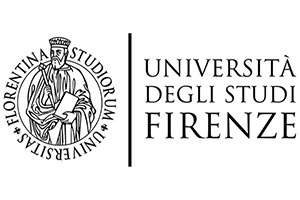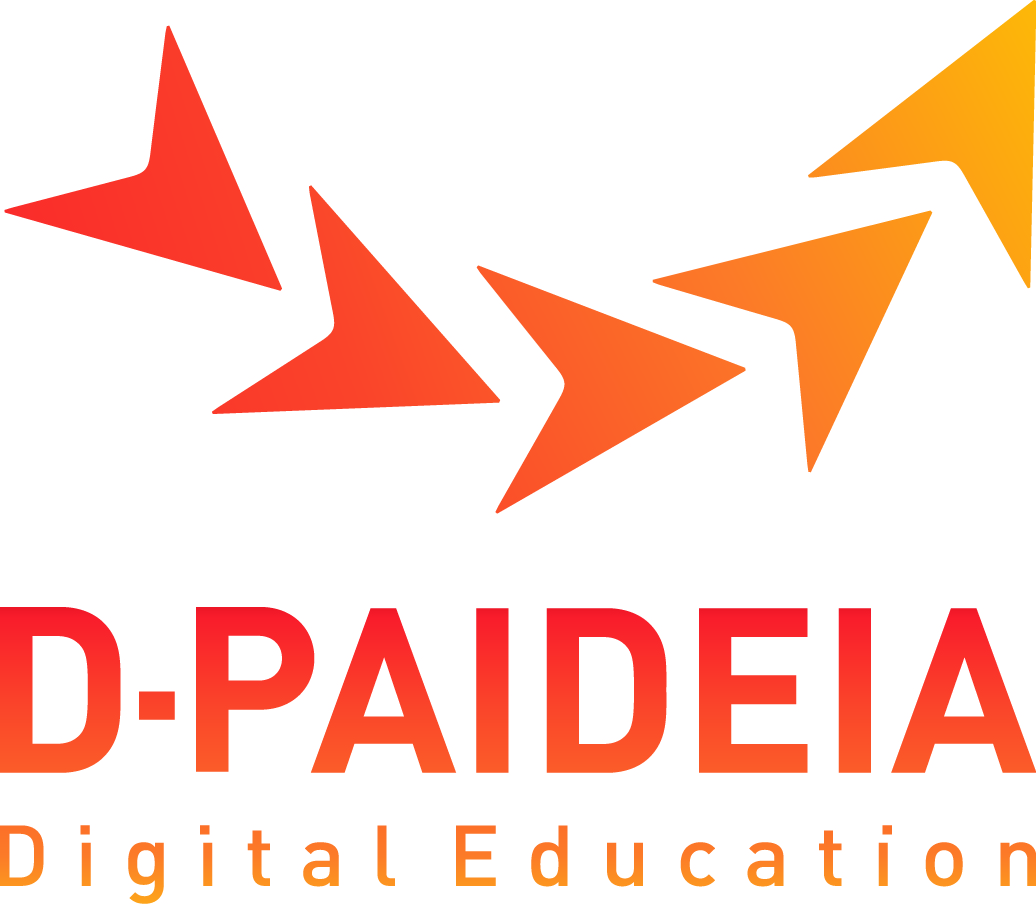UNIVERSITA DEGLI STUDI DI FIRENZE
The University of Florence (UniFi) is an important and influential centre for research and higher training in Italy, with 1,800 lecturers and internal research staff, 1,600 technical and administrative staff, and over 1,600 research assistants and doctoral students. It offers a wide range of study programmes at various levels and in all areas of knowledge. 126 Degree courses, organised in 10 Schools, with a population of about 51,000 enrolled students, 1/4 of which come from outside of Tuscany. There are over 9,000 degrees awarded each year in Florence. UniFi has a natural international vocation and the development of internationalization is one of its strategic priorities. It is one of the largest and most productive public research systems in Italy thanks to the number of researchers working in a wide range of disciplinary fields, and to an intensive participation in research programmes of national and international relevance and to the significant scientific results achieved. External funds support the research and knowledge transfer activities. This qualifies UniFi as a modern research university and accounts for its excellent position in national and world rankings. The Department of Education, Languages, Interculture, Literatures and Psychology (FORLILPSI) at UniFi is made up of about 50 scholars, including full and associate professors, assistant professors and researchers. In terms of research and knowledge production, particular interest is placed on individual, relational, social and environmental wellbeing; on building social, health and educational services based on cultural, legal and scientific evidence, and the emerging needs of civil society; on developing innovative approaches to teaching and learning with a particular focus on the use of digital media and the promotion of media and digital literacy; on supporting research and training in intercultural contexts to promote equity, social inclusion and democratic citizenship. Maria Ranieri, the director of the Educational Technology Lab and member of the project etam has actively contributed as a researcher to the development of the EU JRC report and other relevant publications on the topic.

